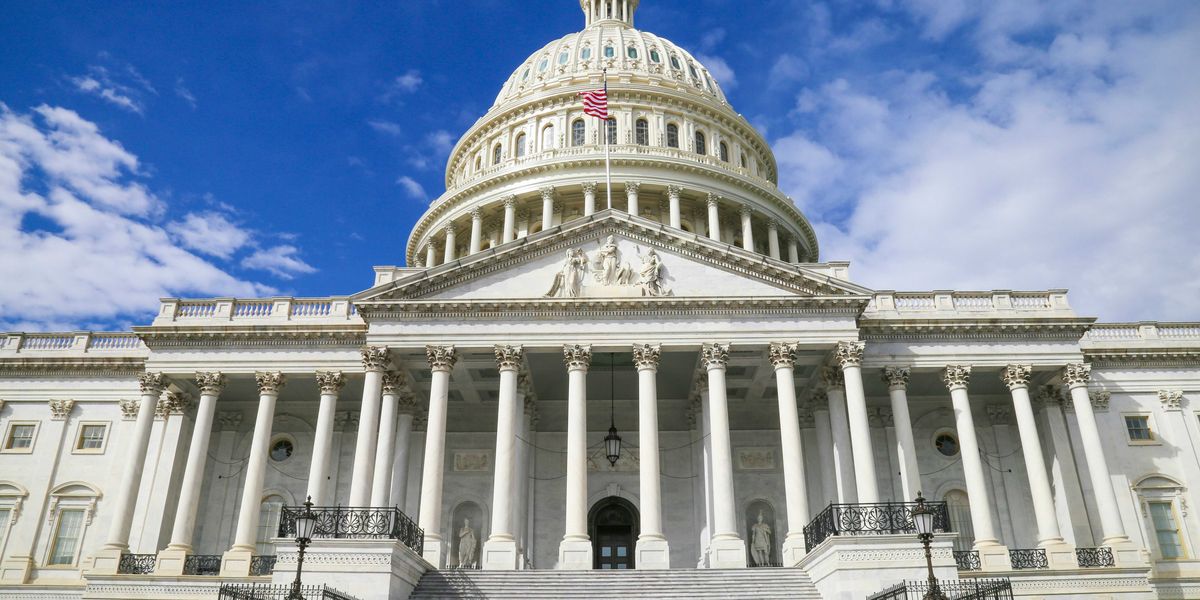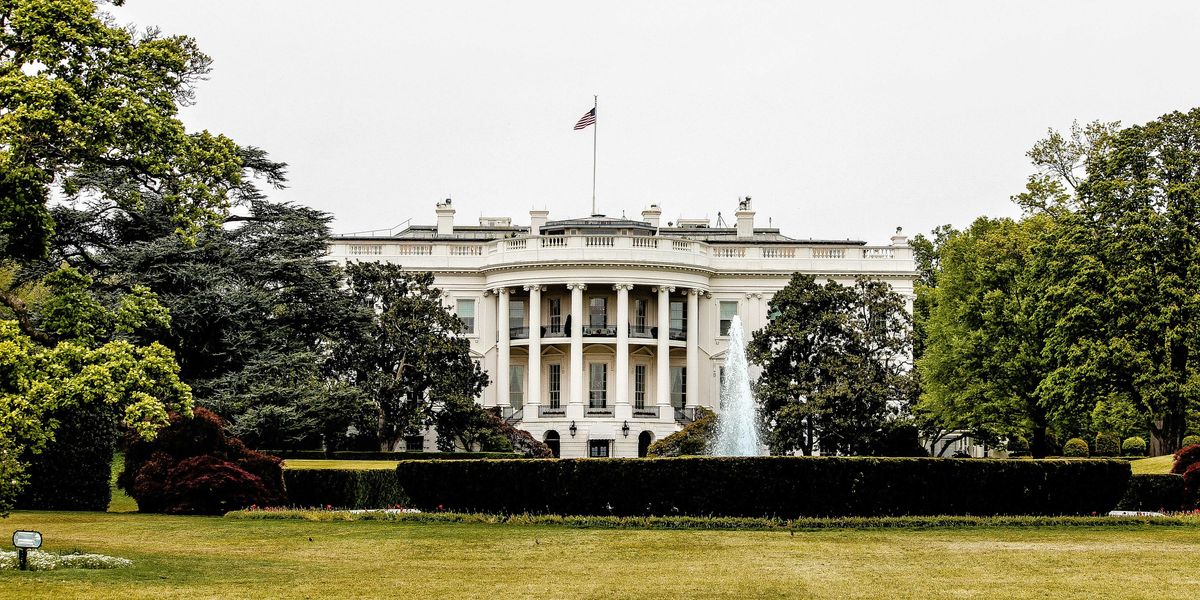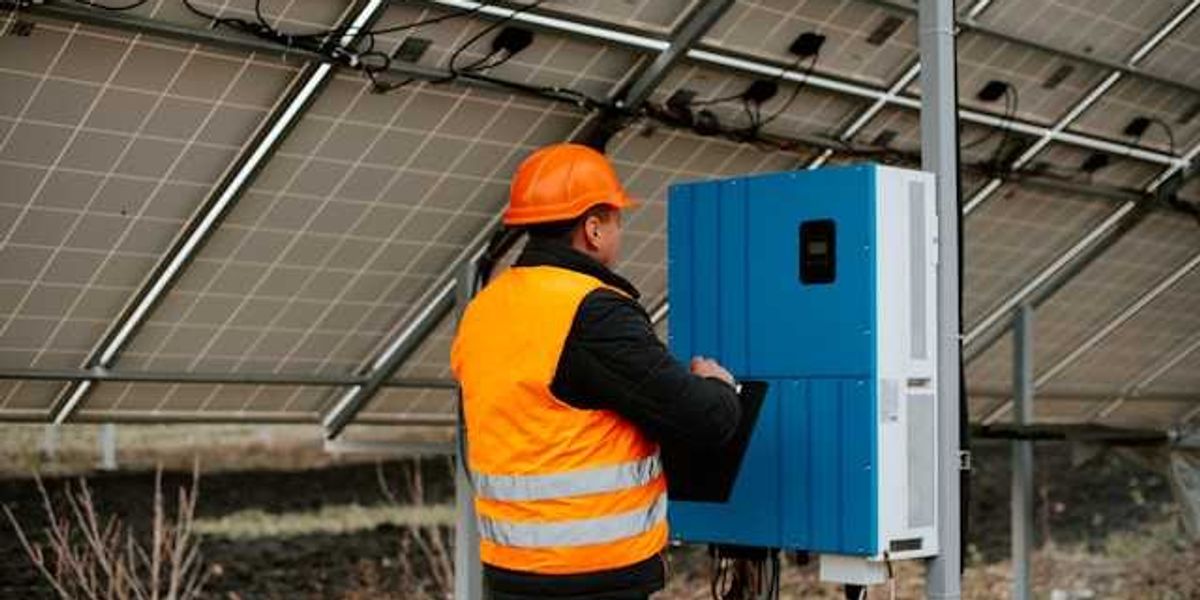Clean energy investments in GOP-led states face cuts under Trump-backed tax bill
A House-approved tax plan backed by President Trump would dismantle clean energy incentives driving billions of dollars in economic growth in Republican strongholds, putting Senate Republicans in a political and economic bind.
Evan Halper and Maxine Joselow report for The Washington Post.
In short:
- The proposed tax bill would eliminate $522 billion in clean energy subsidies established under the Inflation Reduction Act, jeopardizing projects in states like North Carolina and Texas that have seen massive investments.
- Republican senators are facing pressure as these subsidies have created thousands of jobs and attracted major infrastructure investments in their home states.
- Analysts warn that repealing the incentives would not only damage local economies but also raise household electricity bills and weaken U.S. competitiveness in global energy and AI markets.
Key quote:
“If this bill becomes law, America will effectively surrender the AI race to China and communities nationwide will face blackouts.”
— Abigail Ross Hopper, president and CEO of the Solar Energy Industries Association
Why this matters:
The fight over clean energy subsidies is about more than politics. These incentives have transformed America’s energy landscape, pumping money and jobs into regions once dominated by fossil fuels. In places like North Carolina, billions in private investment have flowed toward building battery factories and solar infrastructure, offering stable employment and diversifying local economies. But with the proposed rollback of these programs, many of these projects face collapse, and the U.S. risks falling behind in the global race for clean energy dominance. Fossil fuel development alone won’t meet the rising demand for electricity driven by AI, electrified transportation, and data infrastructure. Experts warn that eliminating subsidies could stymie innovation, raise utility costs, and leave the power grid more vulnerable to disruption. For many small business owners, the uncertainty could derail growth plans and trigger layoffs, raising concerns about long-term economic resilience and environmental stability.













